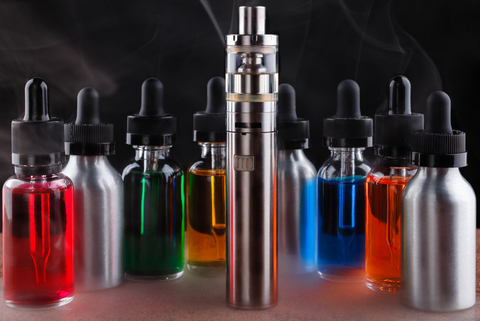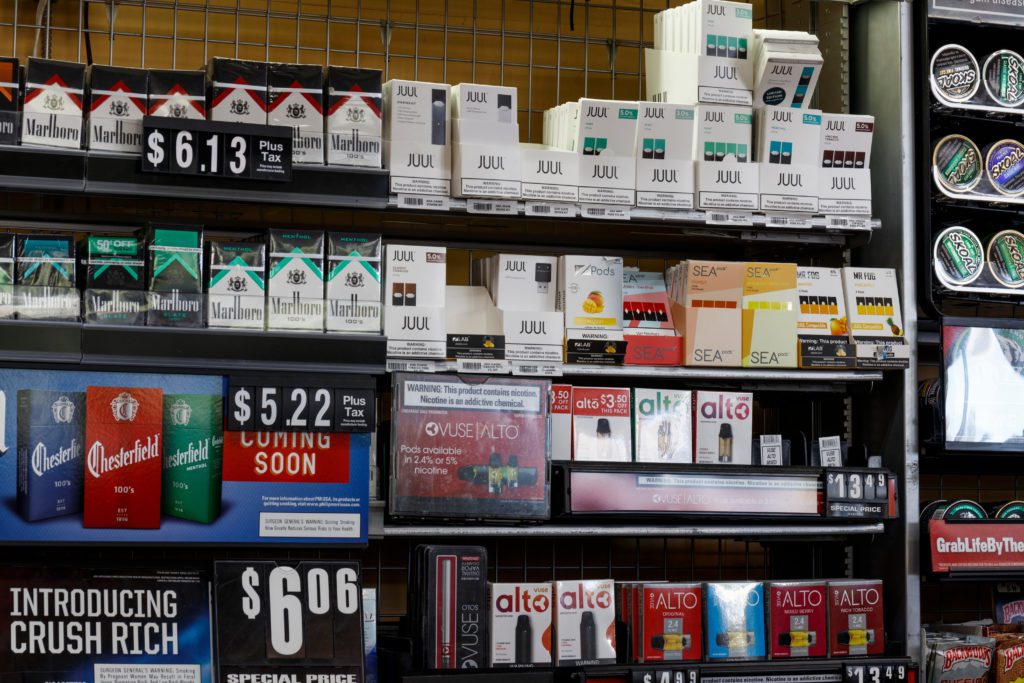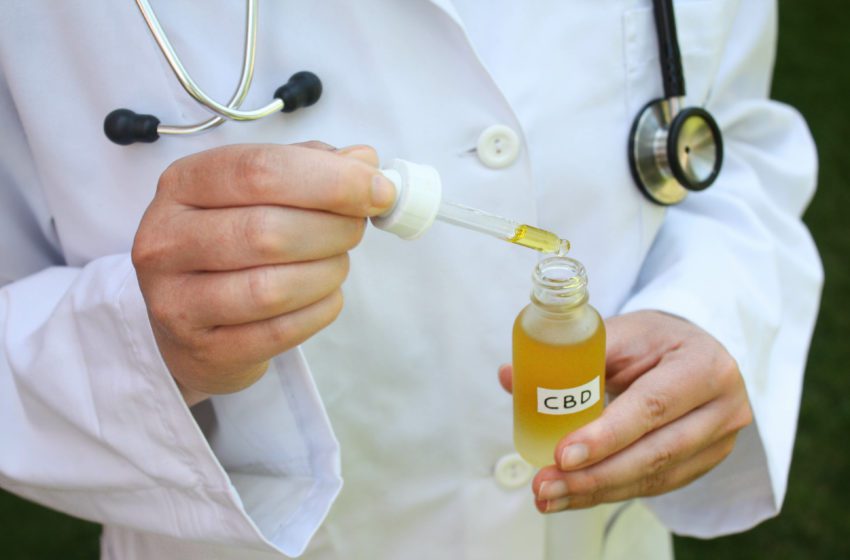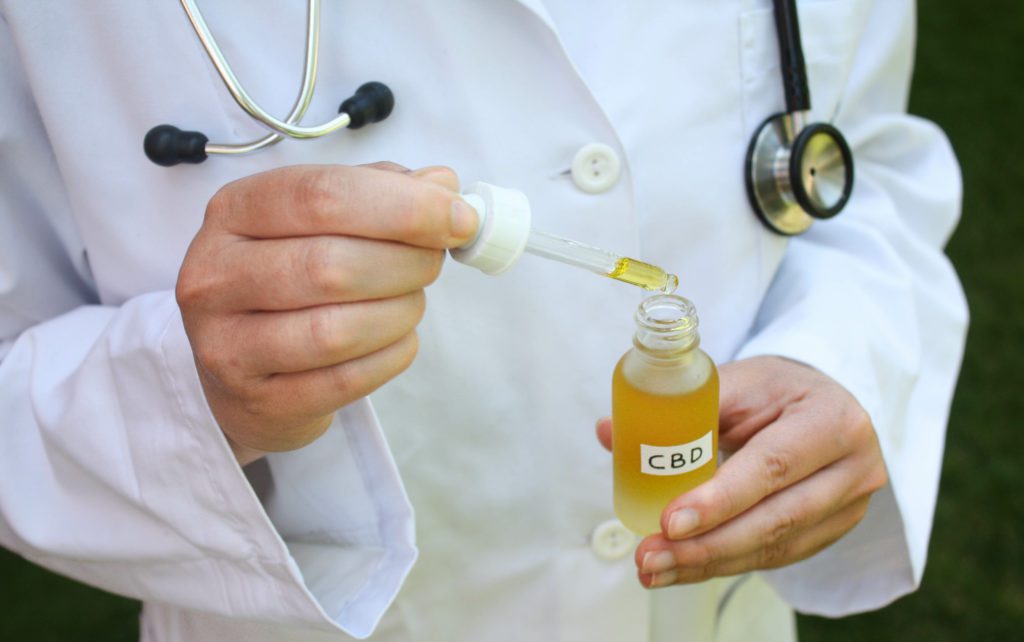
A 2022 article that claimed e-cigarette users faced the same cancer risk as combustible cigarette smokers has been retracted by the World Journal of Oncology.
“After publication of this article, concerns have been raised regarding the article’s methodology, source data processing including statistical analysis, and reliability of conclusions … [because] the authors failed to provide justified explanations and evidence for the inquires [sic], subsequently this article has been retracted at the request of Editor-in-Chief,” the editors state.
Many of the concerns raised by the editors who retracted the article mirror the problems with other studies that have linked vaping to smoking-related diseases.
The study failed to address the question of whether diagnoses were made before or after people started vaping, a minimum requirement for inferring causation, a common theme with vapor studies conducted by anti-nicotine researchers. In 2020, the same problem led to the retraction of a Journal of the American Heart Association article that reported an association between vaping and heart attacks by anti-nicotine activist Stanton Glantz, a professor at the University of California, San Francisco School of Medicine.
The World Journal of Oncology article—which was attributed to no fewer than 13 researchers at institutions such as the University of Missouri, Temple University Hospital, the Mayo Clinic, and the Icahn School of Medicine at Mount Sinai—has other obvious problems that should have been apparent before publication, writes Jacob Sullum with Reason magazine.
It features enough inconsistencies, writing errors, non sequiturs, and failures of reasoning to make you wonder whether peer reviewers and editors actually read it, let alone carefully evaluated its strengths and weaknesses.
In an email to Sullum, Brad Rodu, a University of Louisville professor of medicine who has been studying tobacco harm reduction for decades, says the “grossly flawed” study of vaping and cancer raises a troubling question: “How could it get through peer review?”



















